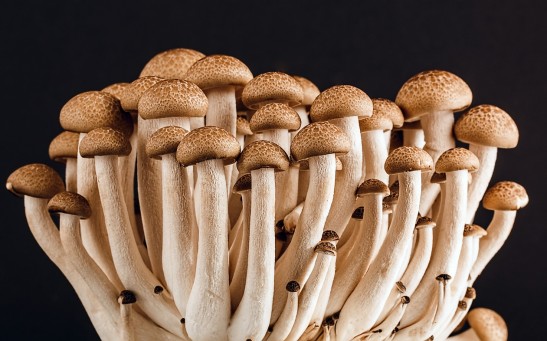habitat

Is It Possible to Transform Asteroids Into Space Habitats? Scientist Explores Feasible, Innovative Concept
More Than 50% of Earth's Organisms Live Beneath the Soil, Making It the Most Biodiverse Habitat on the Planet

Underground Oceans on Exoplanets Significantly Increase Changes in Finding Habitable Planets, Study Finds
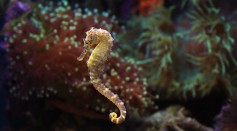
Seahorse Hotels Installed off the Coast of Australia To Save Their Species From Extinction
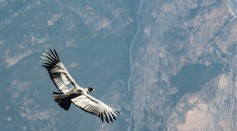
Time Capsule of Poop? 2,200-Year-Old Bird Guano Pile Reveals History, Adaptability of Andean Condor Species
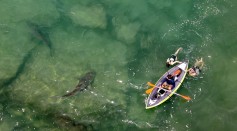
Shark Encounters May Rise as Apex Predators Thrive in Urbanized Coastal Cities in Miami: Study
What Can We Find 60 Feet Beneath the Water? Paleoclimatologist Reveals Preserved Stumps, Remnants in Drowned Pleistocene Forest

1, 700 Feet 3D-Printed Habitat Will Be Assembled Soon For A Year-Long Mars-Living Simulation Testing
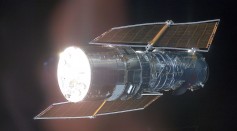
Is NASA’s Top Priority the Discovery of Other Kinds of Life and Possible Habitat Apart from Earth?
Polar Bear Populations See 10-Percent Loss in Genetic Diversity; Study Cites Rapid Arctic Ice Melting as Primary Driver for the Decline
‘Dumbo’ Octopus Living in Pacific Discovered; Researchers Say They Formed Habitat 7,000 Deep
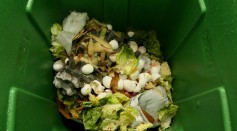
Scientists Call for Change in Eating Habits Before 20,000 Species Face Serious Impact
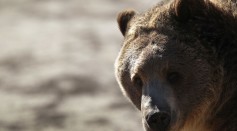
Elderly Colorado Couple Slapped $400 for Luring and Feeding Bears
Proteus: The Underwater Version of the ISS
Most Popular

How Technology Is Changing the Real Estate Industry?

How a Plant-Based Diet Can Protect Against Breast Cancer: Insights from Nutrition Research

Study Reveals High Turnover in Scientific Research Careers: What This Means for Future Scientists

Why It's So Difficult to Lose Weight: The Biological Explanation Behind Obesity

